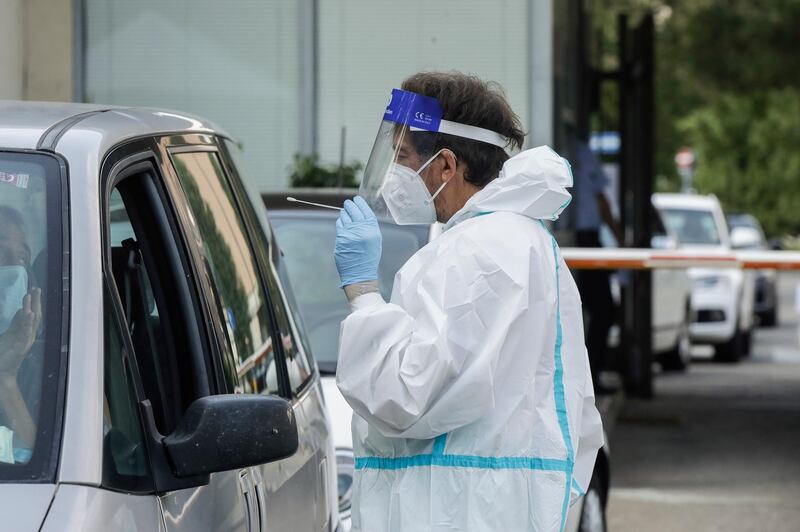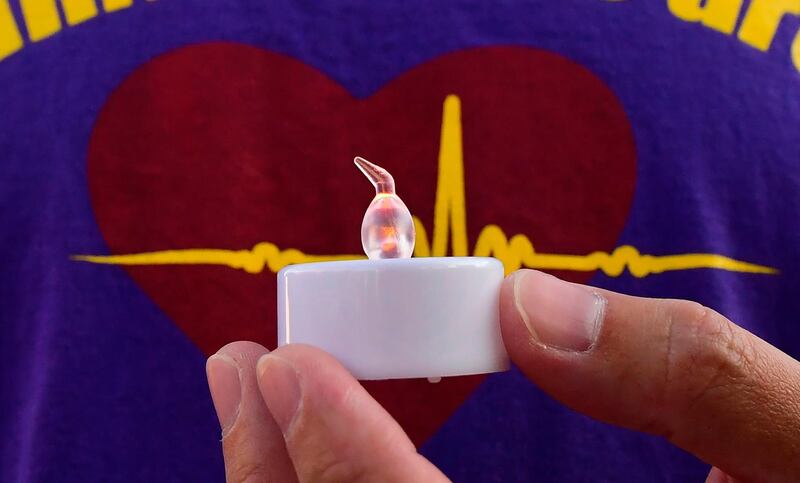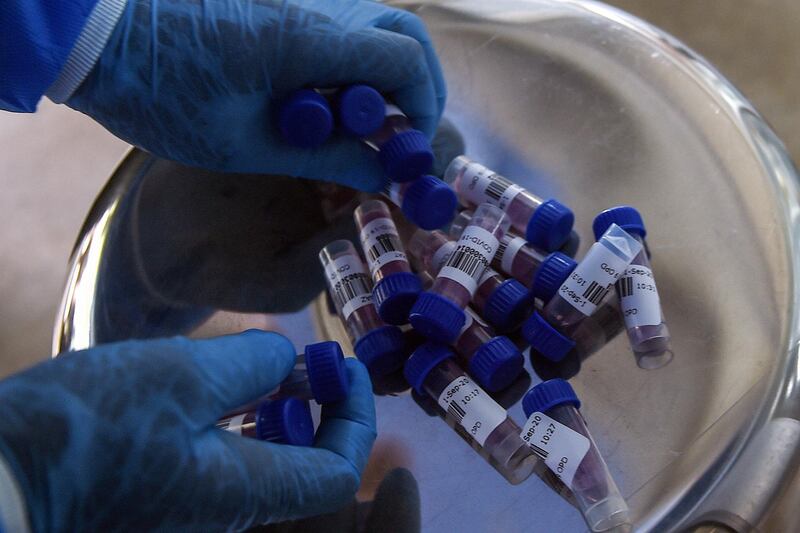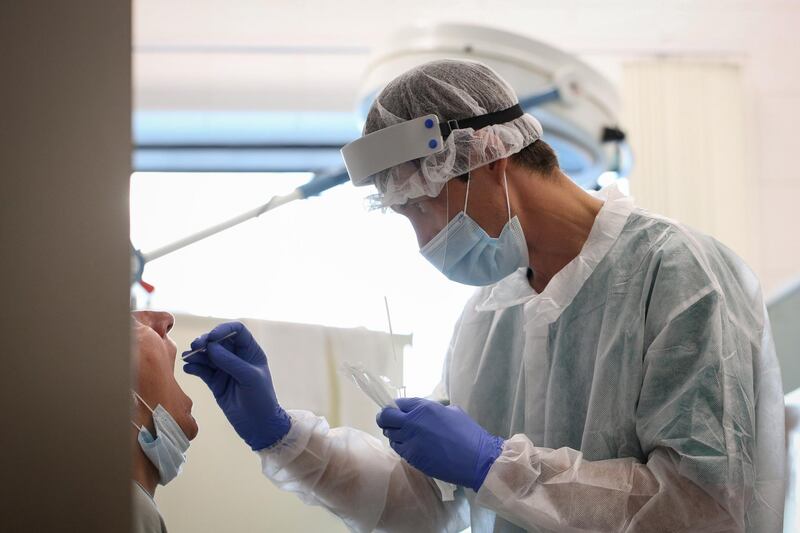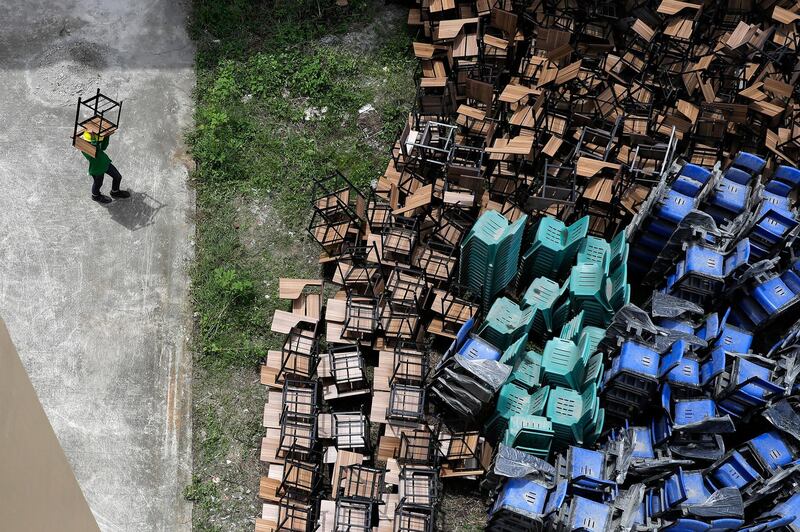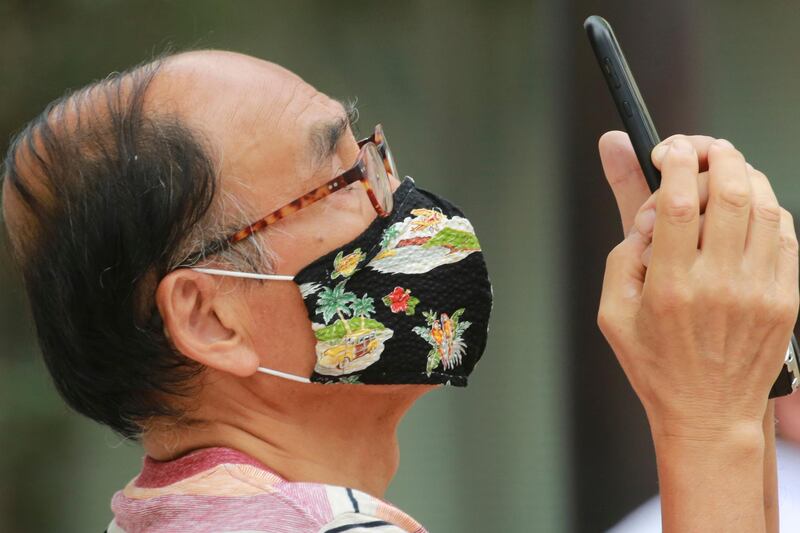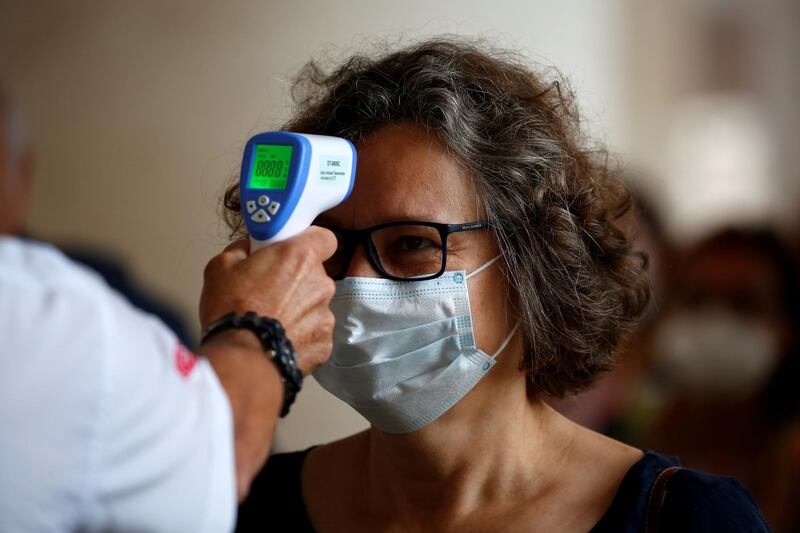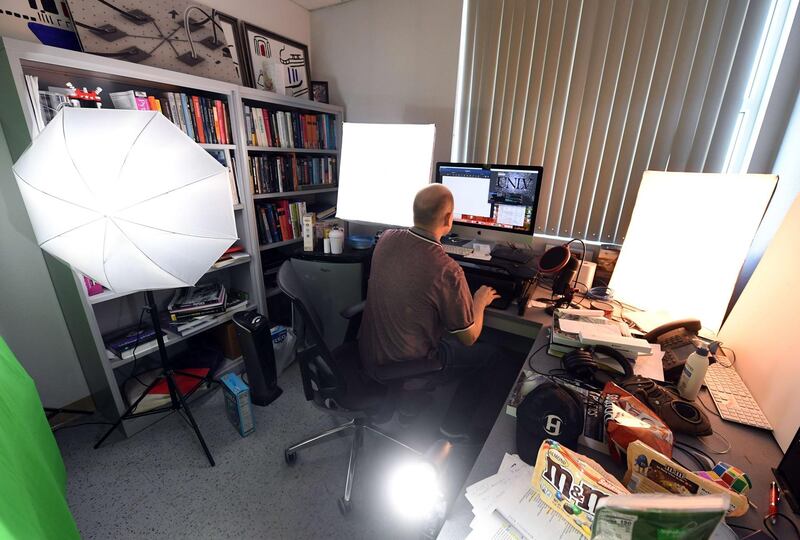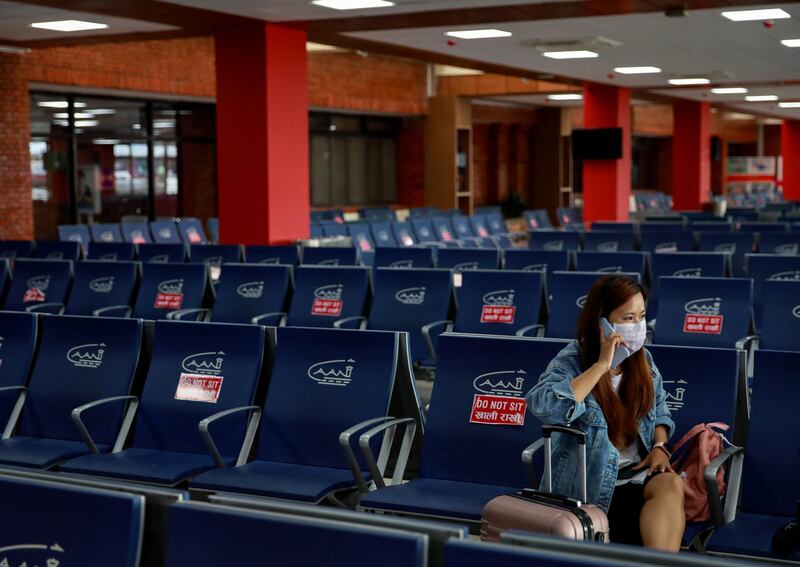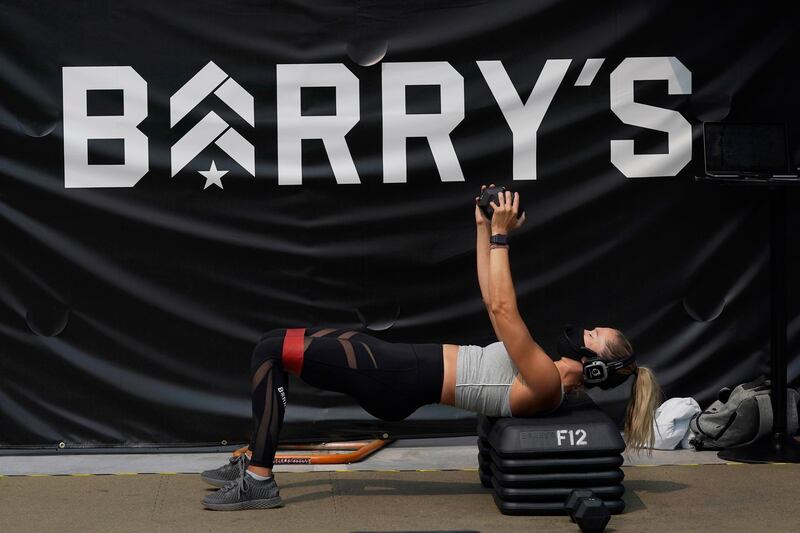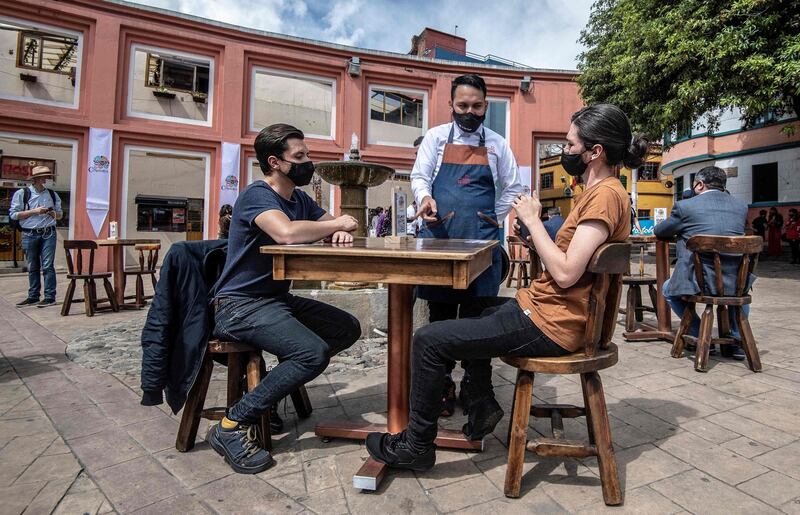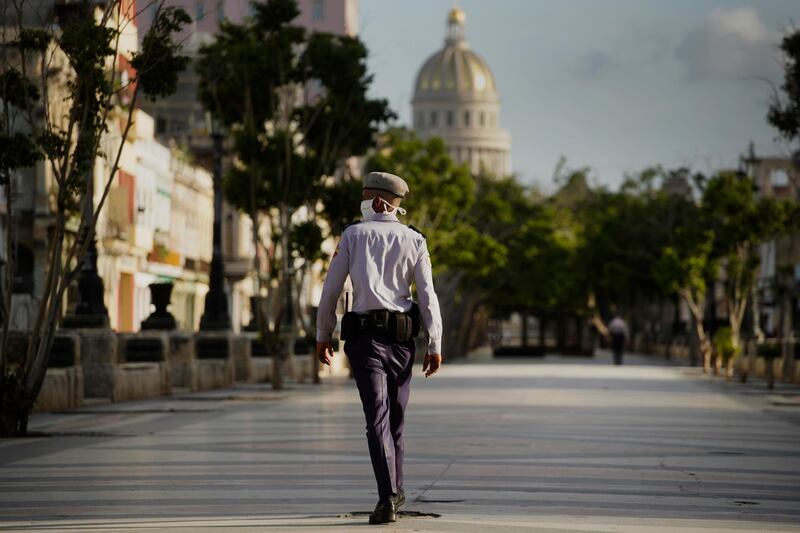People infected with Covid-19 may need to spend 30 days in isolation to prevent spreading the disease, Italian researchers have warned.
The average time it took for the virus to clear the body after a first positive test was 30 days, according to a study of thousands of people in the hard-hit Italian region of Emilia-Romagna, published on Wednesday in the online journal BMJ Open.
The potential for onward infection is longer than the isolation period recommended by the World Health Organisation. The global authority says those people with symptoms should be isolated for 13 days and those without should avoid contact for 10 days.
The researchers said their findings suggested that people who have had Covid-19 should be swab tested again four or more weeks after symptoms first appeared. They said it was not clear how infectious patients were during the recovery phase.
The study also suggested that one in five test results falsely came out as negative during the early days of convalescence, putting patients at risk of unwittingly passing on the infection.
The researchers tracked the progress of 4,538 people from the region, all of whom tested positive over nearly two months from February 26.
Italy was the first European country to be hit hard by Covid-19 and in April was ranked third highest in the world for the number of cases and deaths. Emilia-Romagna was one of the worst affected areas of the country.
“To avoid generating secondary cases, either the isolation period should be longer [30 days from the start of symptoms] or at least one follow-up test should be done before ceasing isolation,” the researchers said.
_______________
